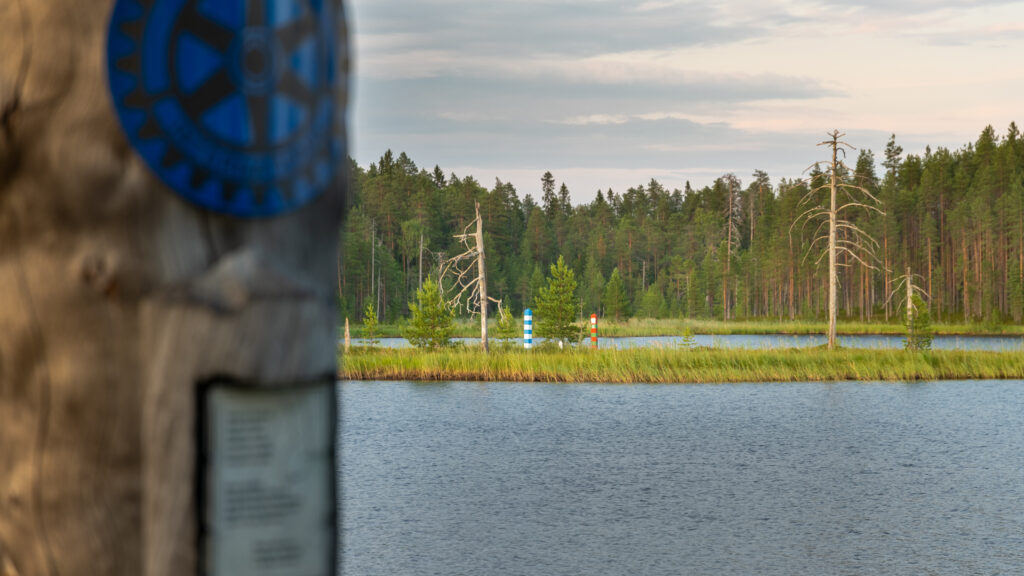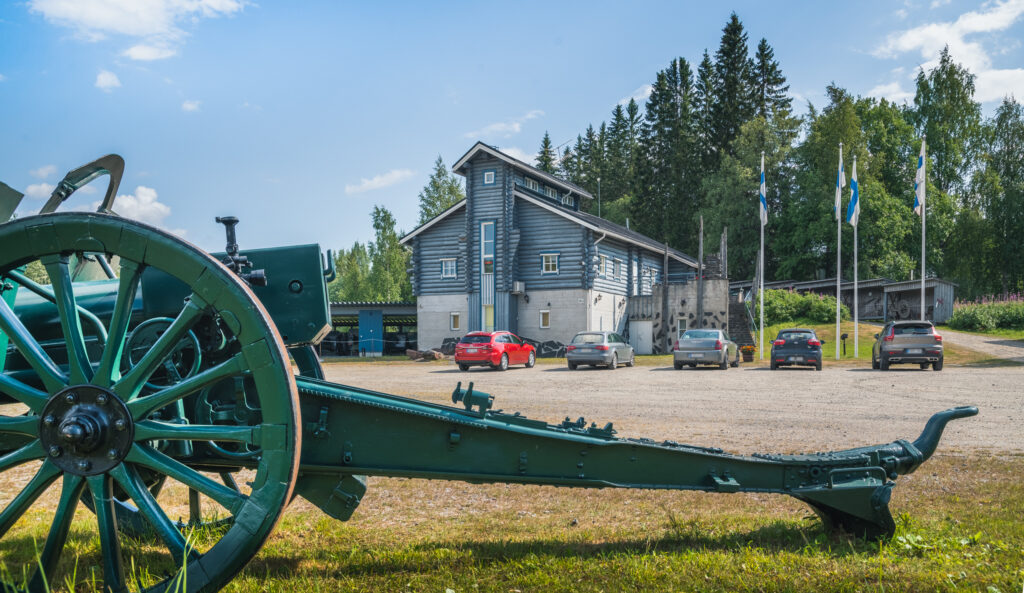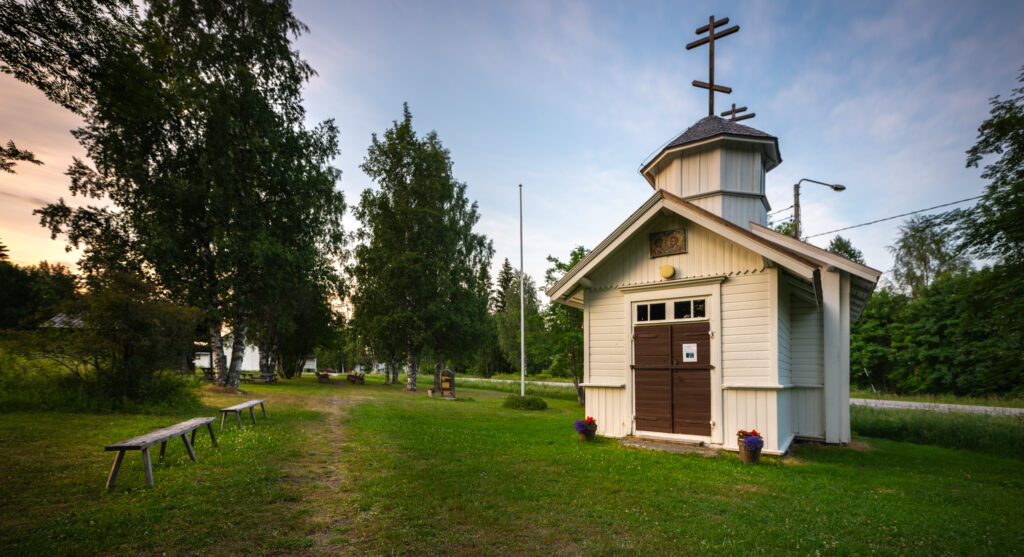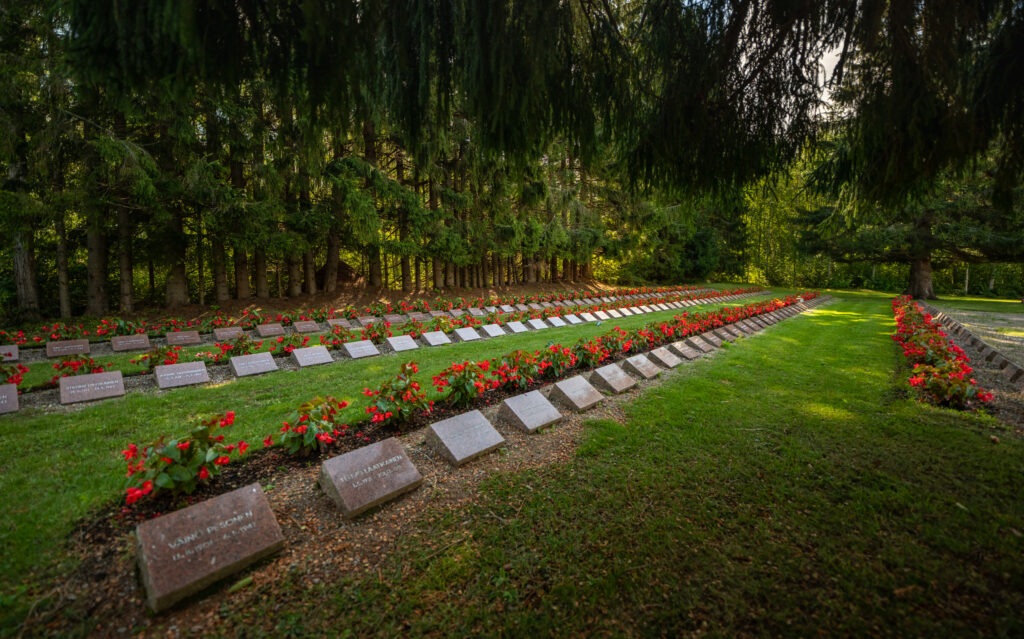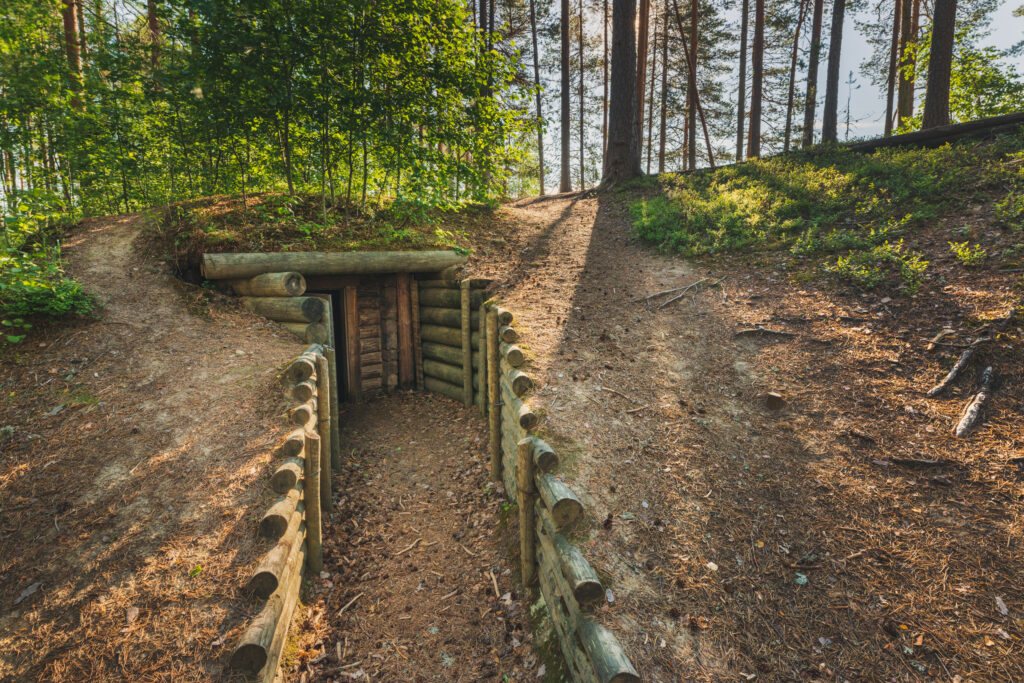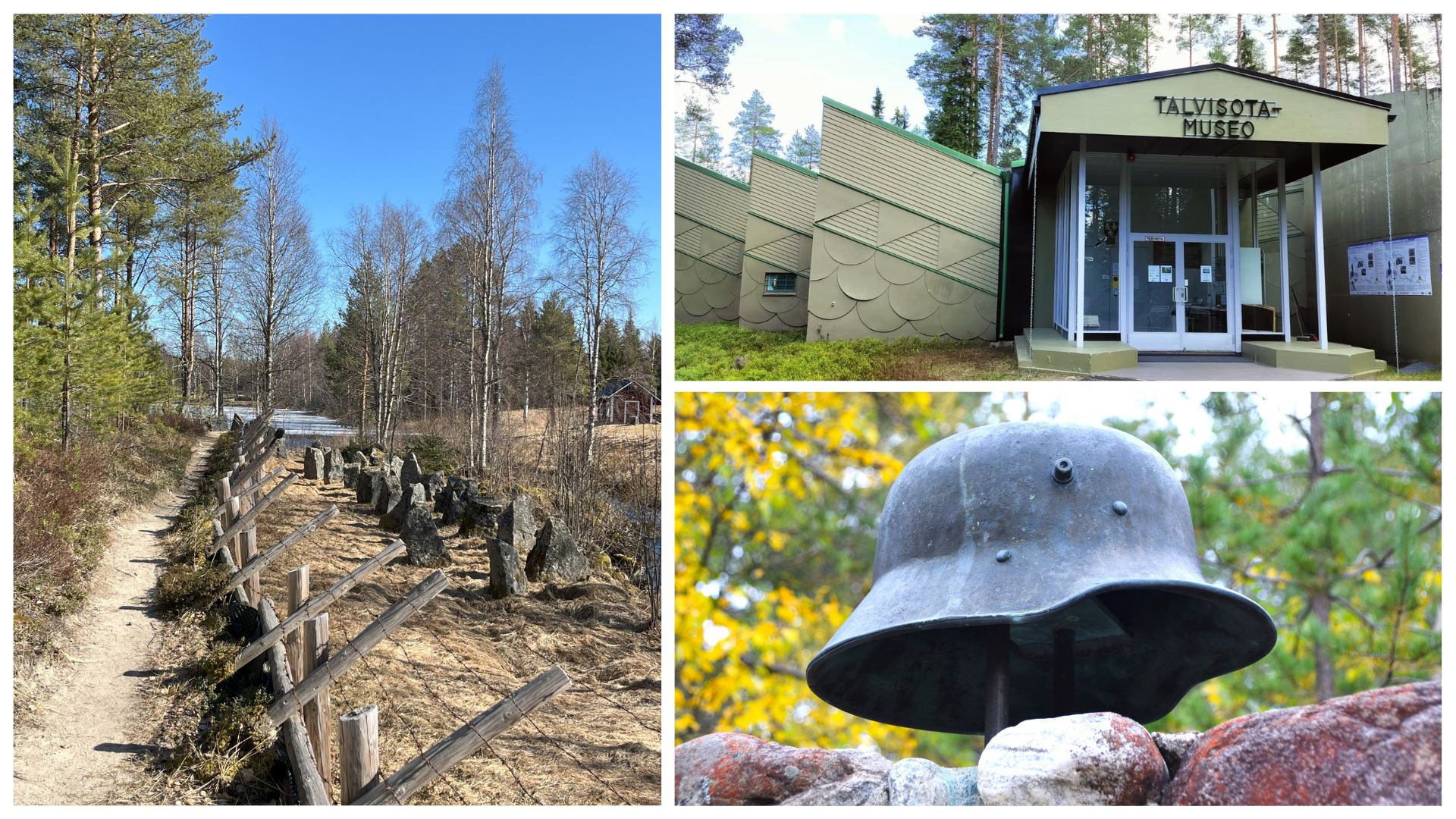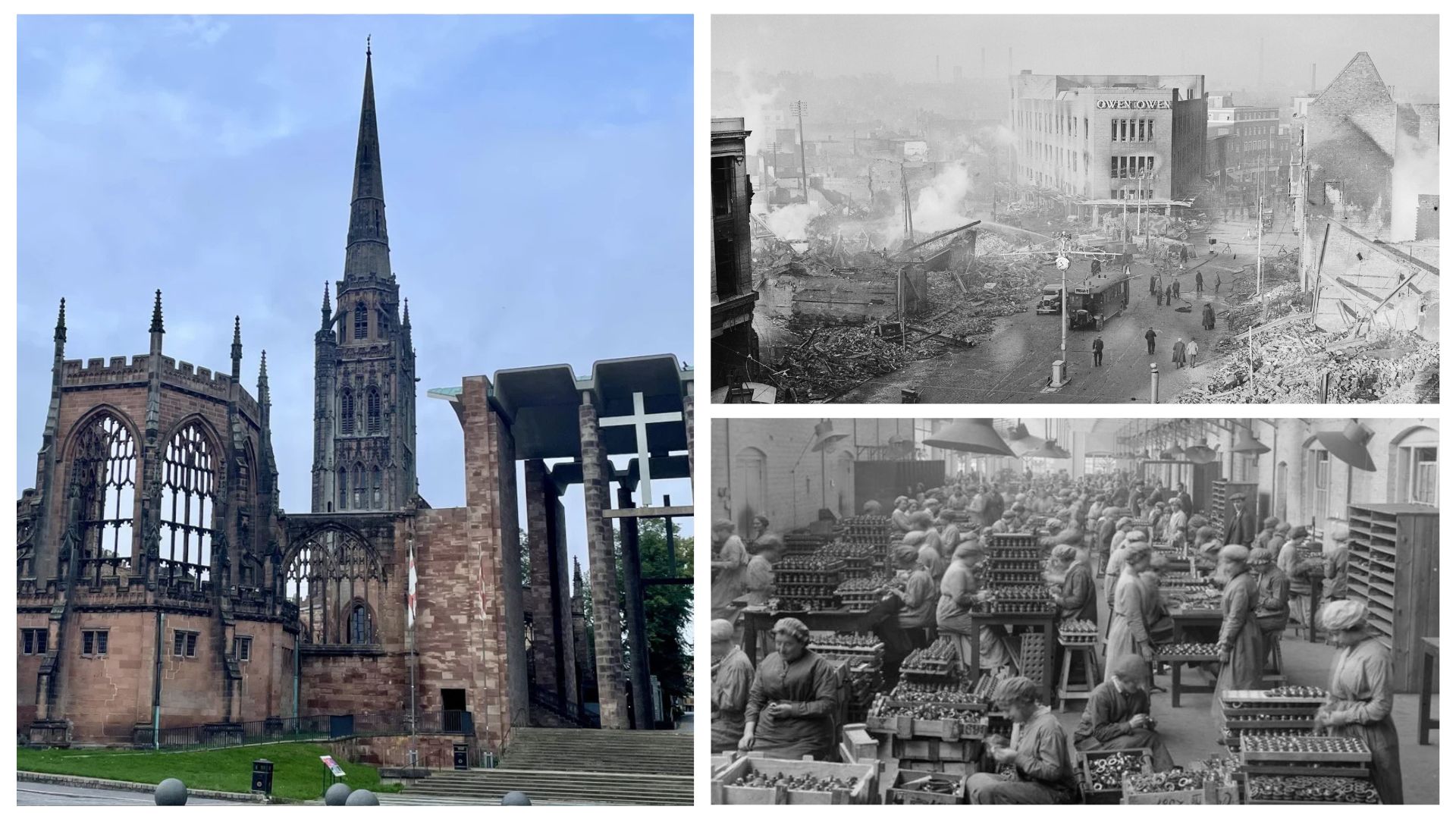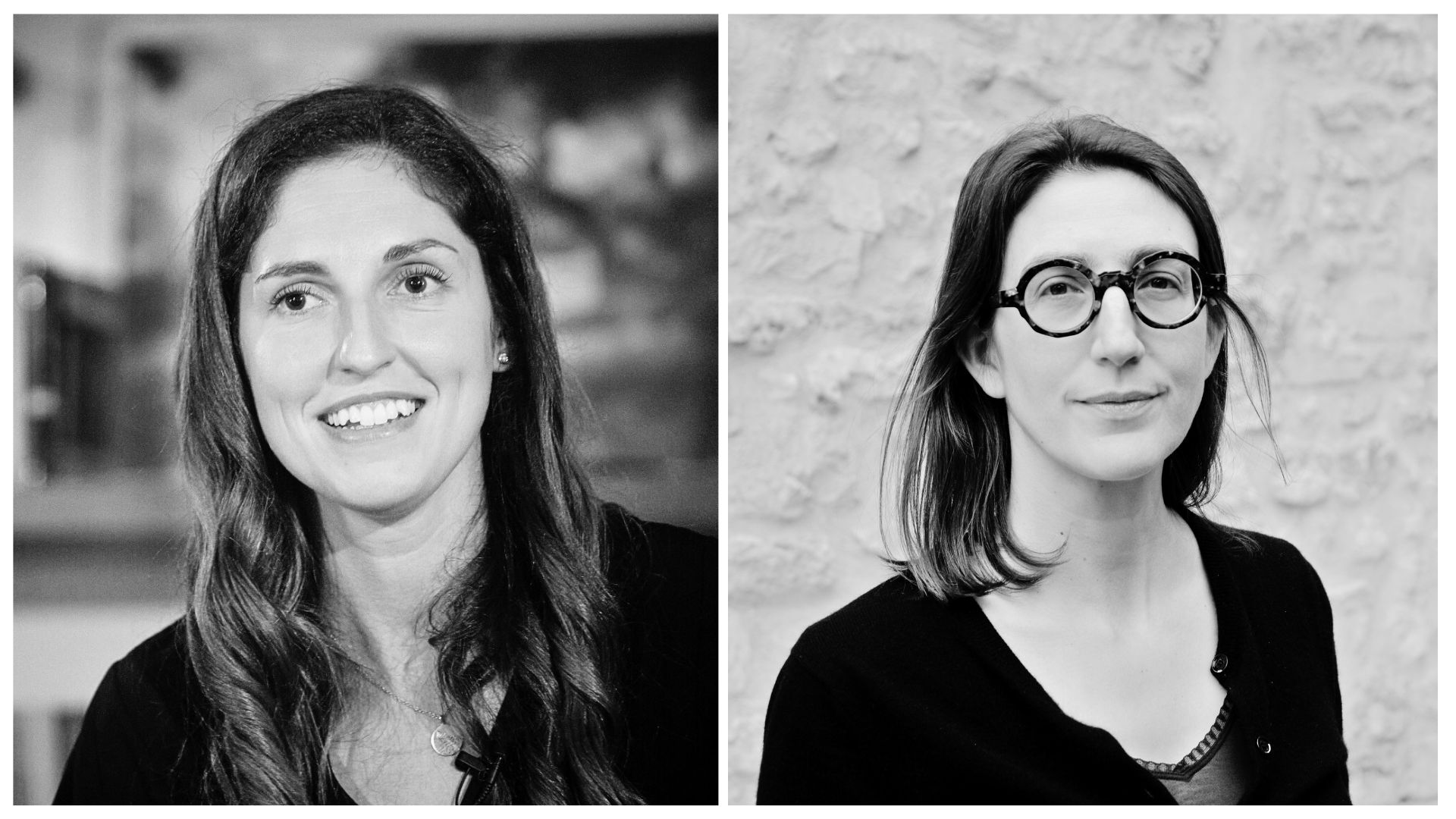During the Second World War, the Atlantic Wall was a vast defensive system constructed by the German occupiers, stretching from Norway to Spain and intended to prevent an Allied invasion. This week, the Atlantic Wall Netherlands walking and cycling routes were officially launched at Fort Kijkduin in Den Helder, home to the Atlantic Wall Centre and one of the Netherlands’ most significant Atlantic Wall heritage sites.
Atlantic Wall Netherlands on the Liberation Route Europe
Developed by the LRE Foundation, the routes trace the Atlantic Wall from Zeeland through South and North Holland to Friesland and Groningen, offering insight into the historical developments that shaped the Netherlands in the lead-up to liberation and the restoration of freedom. For the first time, the story of the Atlantic Wall in the Netherlands can be explored as a connected experience through walking and cycling. Along the way, visitors encounter places and stories that reflect the complex and often confronting history of the Atlantic Wall.
The Atlantic Wall routes in the Netherlands are part of Liberation Route Europe, a Cultural Route recognised by the Council of Europe. Visitors can explore the routes on the LRE App or website via a dynamic map and route planner, encouraging active discovery of the regions along the Atlantic Wall.
650 kilometres of routes, stories and local loops
In total, the Atlantic Wall Netherlands routes cover more than 650 kilometres and include over 100 stories available in Dutch, English and German. The network consists of five long-distance walking and cycling routes running from Zeeland (105 km), through South Holland (150 km) and North Holland (180 km), to Friesland (100 km) and Groningen (105 km).
Along the main route, several shorter walking and cycling loops are connected: the Vlissingen Cycling Loop (45 km), the IJmuiden Loop (approximately 20 km for walking and cycling), and the Den Helder Loop (7 km walking and 12 km cycling). Together with additional routes, the full Atlantic Wall Netherlands collection comprises fourteen routes. A distinctive addition is the Wadden Sea area, which offers its own unique perspective on the Atlantic Wall landscape. Where possible, route locations are marked on site with QR codes and the Liberation Route Europe Vectors of Memory, and the collection is supported by an international awareness campaign.
The routes are aligned as closely as possible with the existing Dutch walking and cycling node networks. The often striking natural and coastal landscapes contrast with the histories encountered along the way, inviting reflection on the meaning and value of freedom.
Multiple perspectives are explored throughout the routes. Alongside the military history of the Atlantic Wall, attention is given to its impact on civilian life, collaboration and resistance, forced labour, bombardments, terror, and the ways in which these structures have been repurposed and integrated into today’s natural and cultural landscapes.
The Atlantic Wall Netherlands route collection was developed in close collaboration with historians, historical associations, bunker museums, and regional route planners and policymakers. The project was partially funded by Vfonds, which supports hundreds of initiatives each year that contribute to peace, freedom and democracy.



